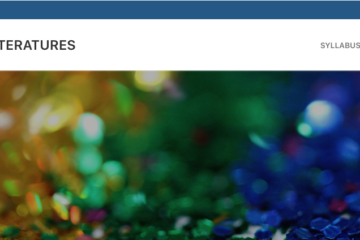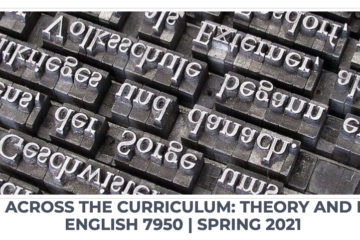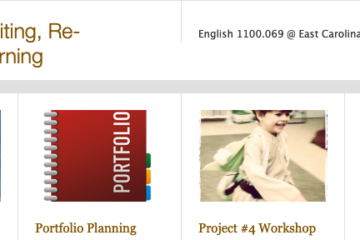What does it mean to be literate in the 21st century? This course explores that question by looking at two major movements in literacy studies (the “Great Divide” and the social turn), and asking how a new generation of literacy scholarship, rooted in digital and global/transnational frameworks, rewrites traditional ideas of literacy and engages in the ways language can work toward social and restorative justice.
More specifically, when literate practices move into digital spaces, how do those new contexts shape what literacy looks like, and how are digital/networked literacies working to shape social justice movements and revolutions, from the Arab Spring of 2010 to the #BlackLivesMatter project? This courses engages with literacy theories to unpack and explore these questions and to discover if or how third-generation literacy frameworks might help us to better understand social and restorative justice in a globally networked world.


